Despite political climate, Metro deems annual DC lobbying trip a success – BikePortland
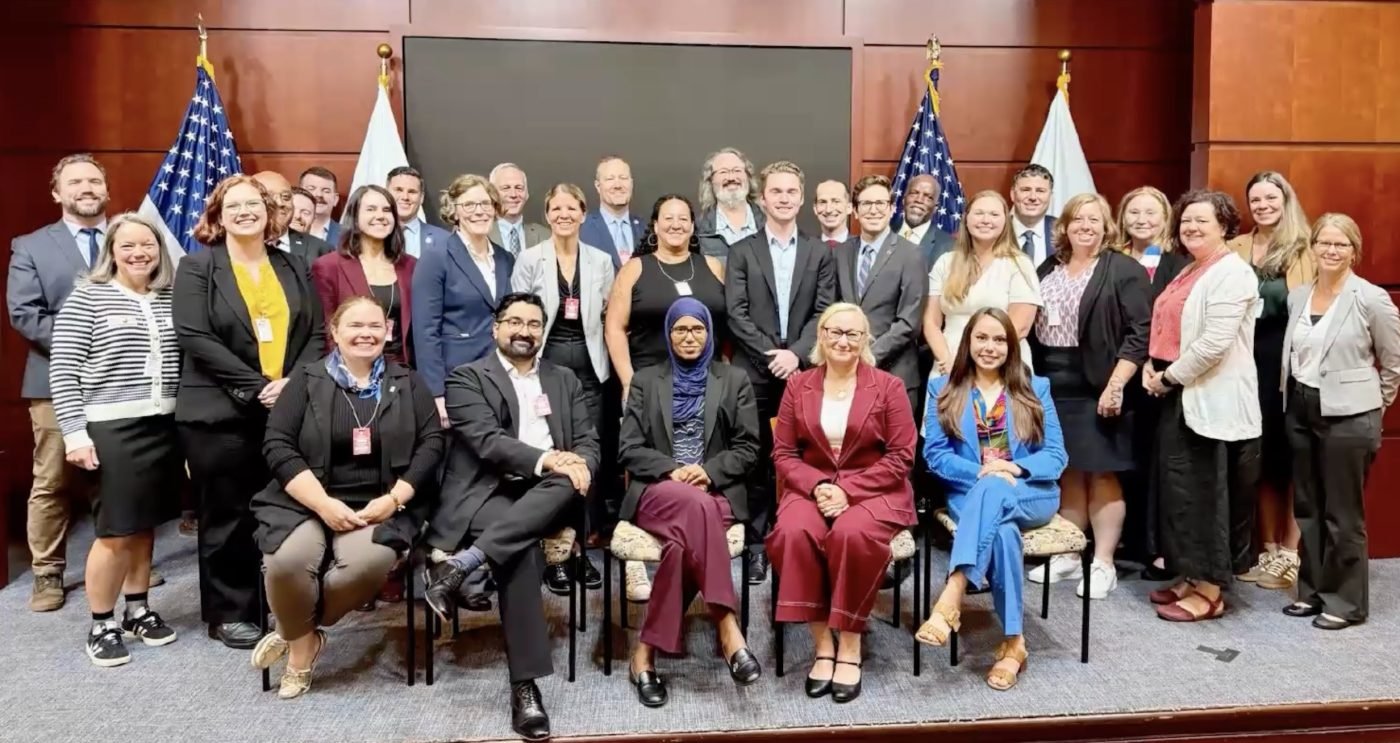
Despite reservations that the Trump Administration and its stranglehold on our federal government would prevent regional transportation leaders from having a fruitful lobbying trip to Washington D.C. this year; it turns out the trip was a big success.
You might recall back in January as Donald Trump settled into the White House, Metro Federal Affairs Advisor cautioned members of the Joint Policy Advisory Committee on Transportation (JPACT) that given the broad support for Trump among the Republican party, “there are going to be limited opportunities for transportation conversations in DC this year.” “I think we need to recognize that we are a sanctuary state and a blue state that is led by a female, queer governor,” Emery continued. “There are many different reasons in which I think there could be directives for folks in DC to not be meeting with us.”
Several JPACT members disagreed, including Portland Mayor Keith Wilson, who felt it was still important to go and expressed opposition to the idea of staying home. (Wilson didn’t end up attending the trip, but Councilor Angelita Morillo — a vice-chair of council’s Transportation and Infrastructure Committee — represented Portland in his place.)
At a JPACT meeting yesterday, just days after a delegation of 35 people representing 11 different agencies returned home from the nation’s capital, Emery struck a different chord: “It was just a great time to be on the hill. The timing was perfect.”
In a presentation that summarized the trip, Emery said the group — which included representatives from TriMet, Metro, Multnomah County, Clackamas County, Washington County, City of Portland, City of Vancouver, City of Gresham, City of Cornelius, Port of Portland, Washington State Department of Transportation, and the Interstate Bridge Replacement Program — had many important conversations. They met with a majority of Oregon’s congressional delegation, key staff from Senate and House transportation committees, and staff from the U.S. Department of Transportation.

Among the topics of discussion were: the importance of diversifying transportation funding sources, the nexus between transit and housing, the need to enact policies that “proactively promote transportation safety and complete streets,” a desire to speed up project delivery to minimize cost increases while not compromising environmental protections, and funding for specific local and regional projects. The topics that seem to have gotten the most attention were safety and funding for public transit.
“The delegation was clear they support public transit funding and oppose the House’s proposal to gut the [Federal Transit Administration’s] CIG [Capital Investment Grant] program,” Emery relayed. “They also talked about safety as a non-negotiable component of any transportation planning or projects — especially in areas where kids and families and elderly adults are frequenting.”
Sensing that transit it particularly vulnerable in this political moment, Emery emphasized that the delegation discussed with lawmakers, “the need to reposition transit as a public good, and how transportation and transit are economic drivers for communities.” On that note, there was a fruitful discussion about the connection of transit and “sports-oriented development” in light of several projects in the Portland area that combine major new investments (Expo Center, the Moda Center, and a future Major League Baseball stadium).
Emery said the lobbying was well-timed given that Congress is finalizing their 2026 budget and committees are starting to draft text for the next surface transportation reauthorization bill.
— Browse a packet created for the trip that lays out the JPACT Federal Policy Agenda.
Share this content:
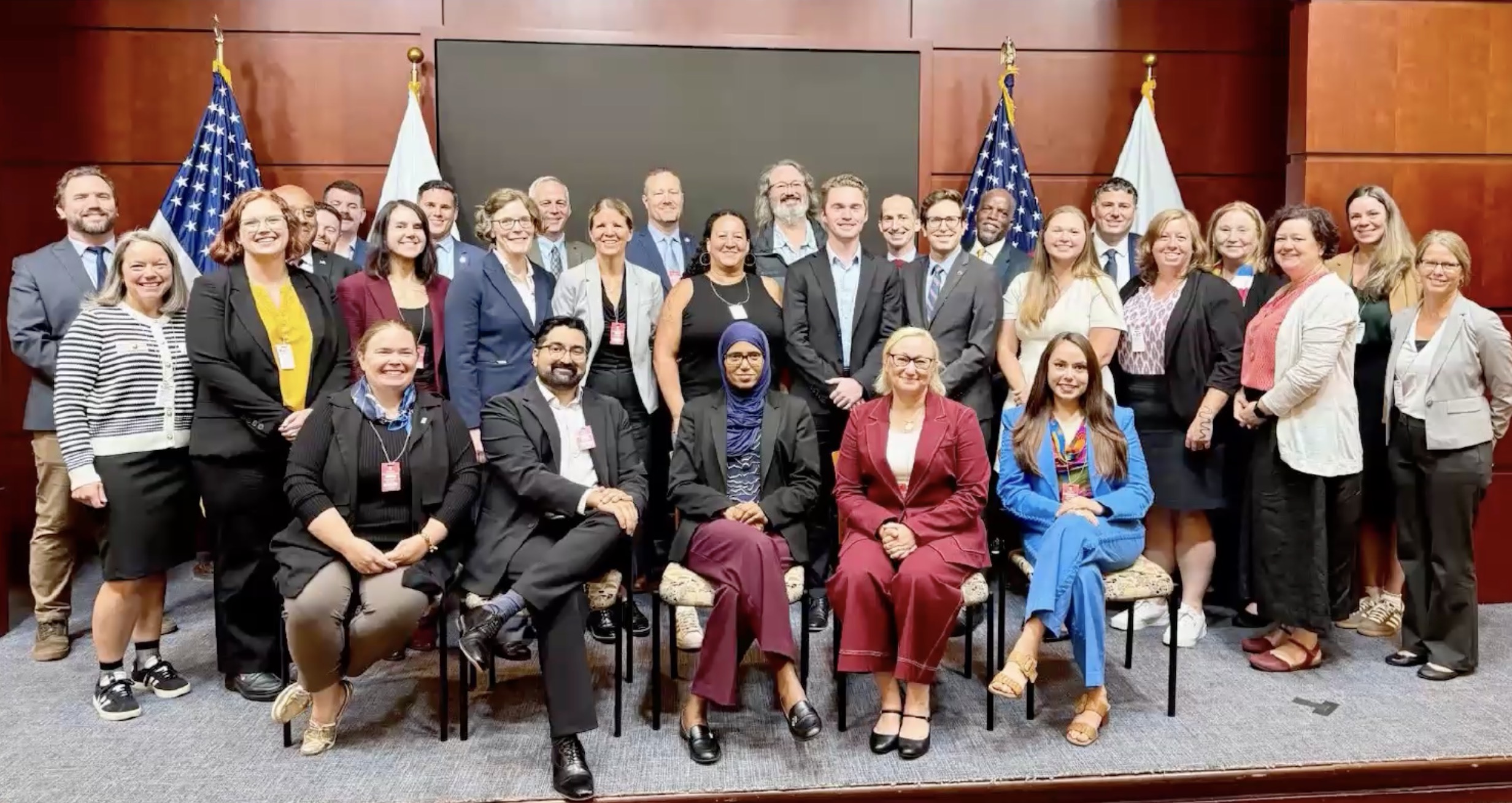

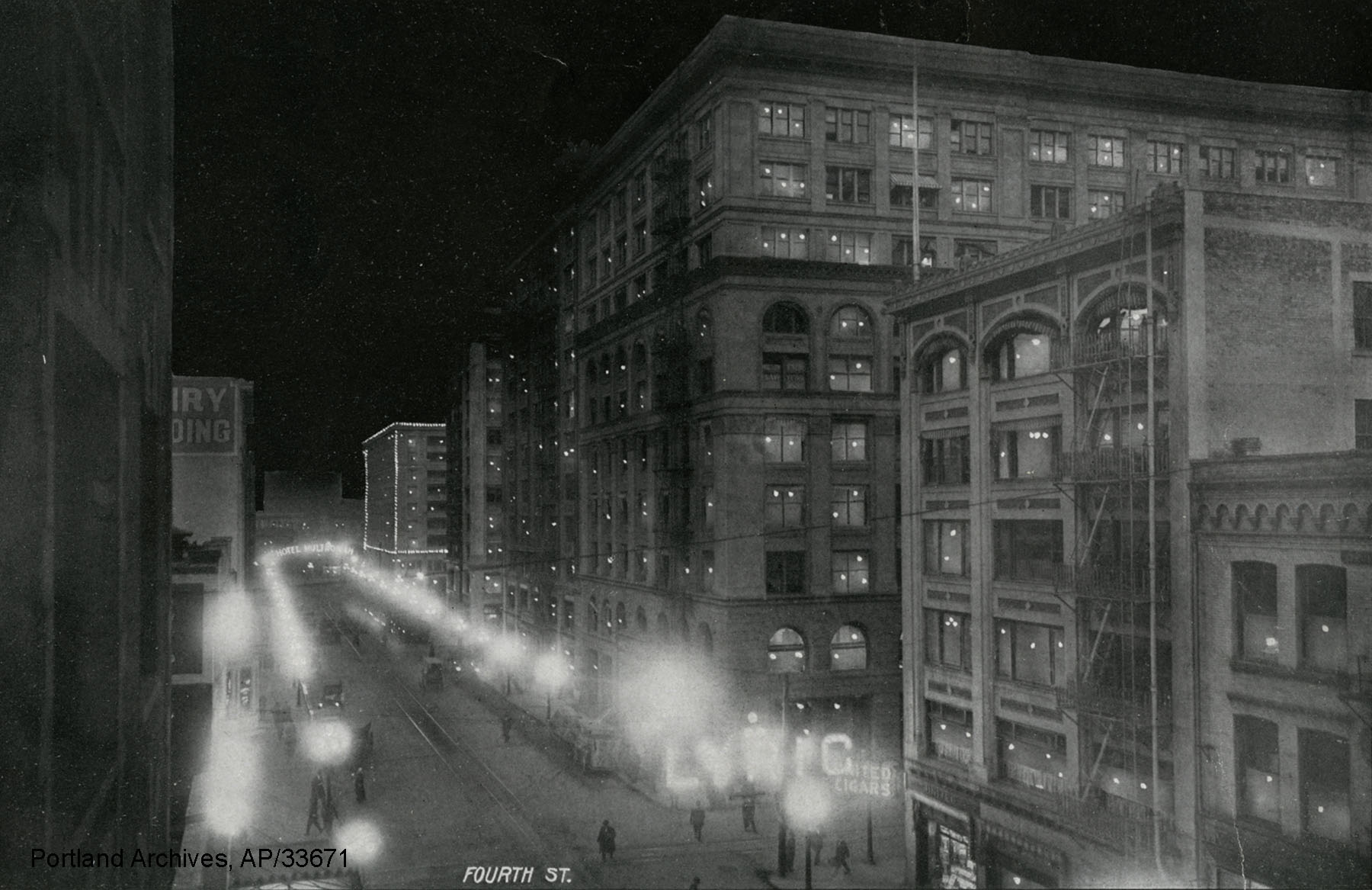

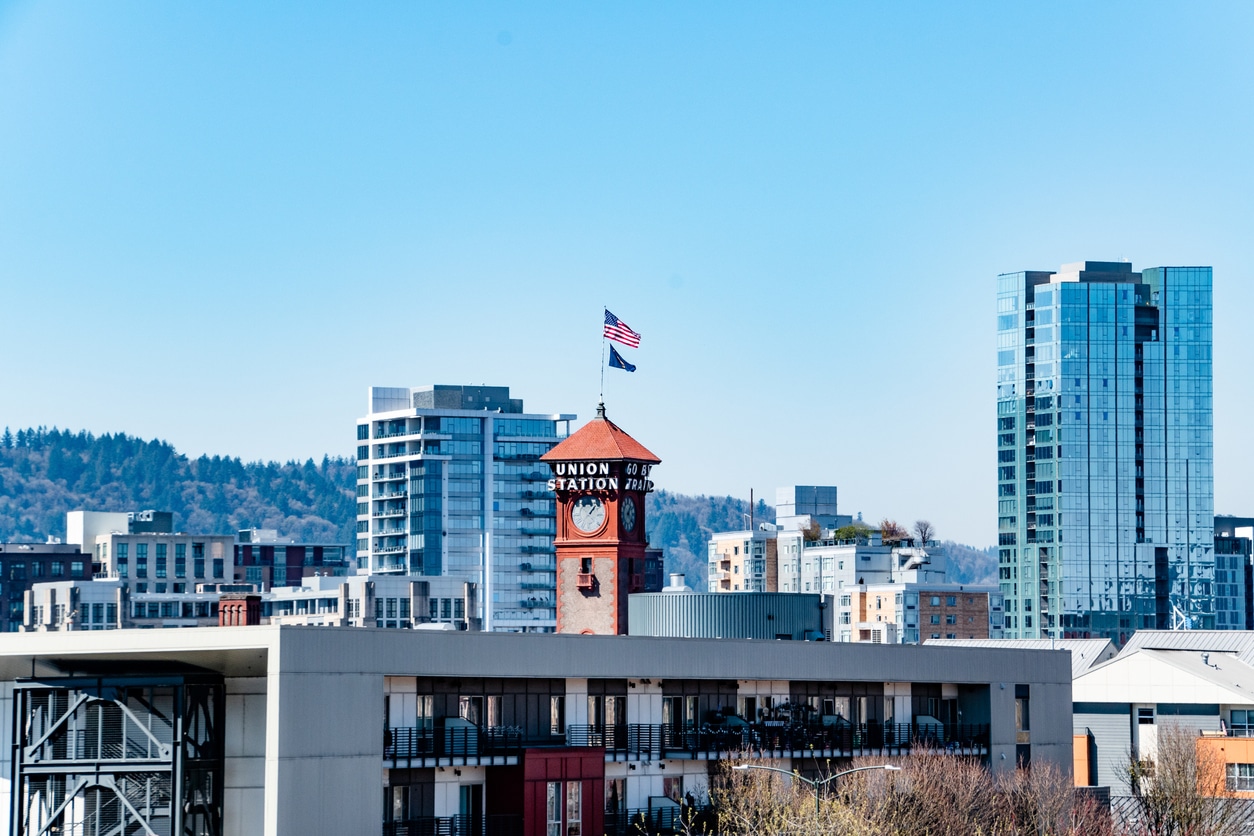

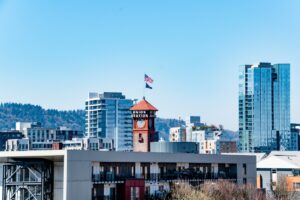




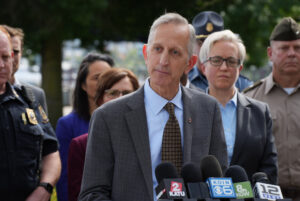


Post Comment